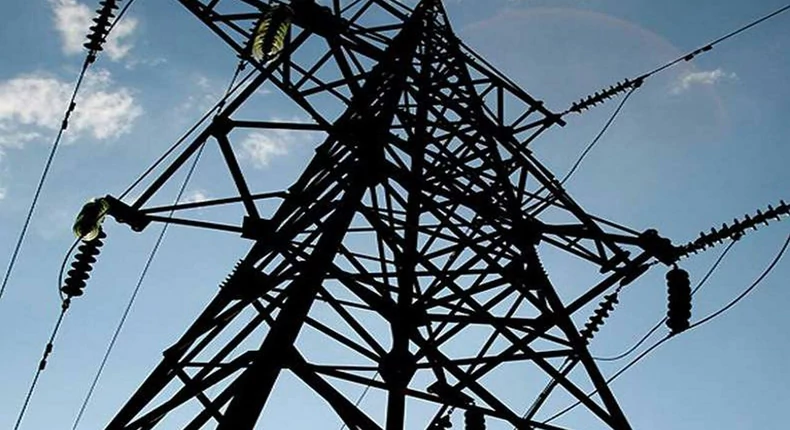Nigerian Households Brace for Electricity Price Increase.
Starting July 1, Nigerian households are preparing for tougher times as electricity prices are set to rise by over 40 percent. This move is aimed at eliminating energy subsidies and forms part of President Bola Ahmed Tinubu’s market reform efforts, as reported by Guardian Nigeria.
The Nigerian Electricity Regulatory Commission (NERC) faces challenges in determining the new electricity prices due to the removal of petrol subsidies and the free-floating exchange rate. Currently, the average cost of electricity stands at N64 per kilowatt. However, with inflation projected to reach 30 percent by the end of June, experts predict that the new average cost may rise to around N88 per kilowatt. This price hike is deemed necessary to cover the sector’s expenses.
Meeting the target of supplying at least 5,000 megawatts per year remains a challenge for the power sector. Factors such as meter shortages, high gas prices, system losses, and actual electricity generation all contribute to determining tariffs.

Concerns are rising among people as they anticipate significant problems for households and small businesses due to the upcoming tariff hike, coupled with high unemployment and poverty rates. Energy costs alone could surge by over 70 percent, further straining affordability.
The existing gap between available electricity on the grid, currently at 3,057.7 megawatts from 17 power plants, and the average power intake by distribution companies over the past four months, which stands at approximately 3,000 megawatts, highlights the struggle power companies face in meeting demand.
Affordability is a pressing issue as people find it challenging to pay for electricity, especially with unreliable supply. Consequently, many are seeking alternative energy sources.
Experts urge Nigerians to support the government’s efforts to stabilize the economy, even if it means accepting higher electricity prices. They believe these measures are necessary to reduce reliance on foreign exchange and foster a more efficient and accountable energy sector.
However, some experts criticize the current pricing structure, advocating for market-based fundamentals rather than relying solely on the exchange rate. They emphasize the importance of fair competition in the energy market and increased investments in improving electricity infrastructure.


